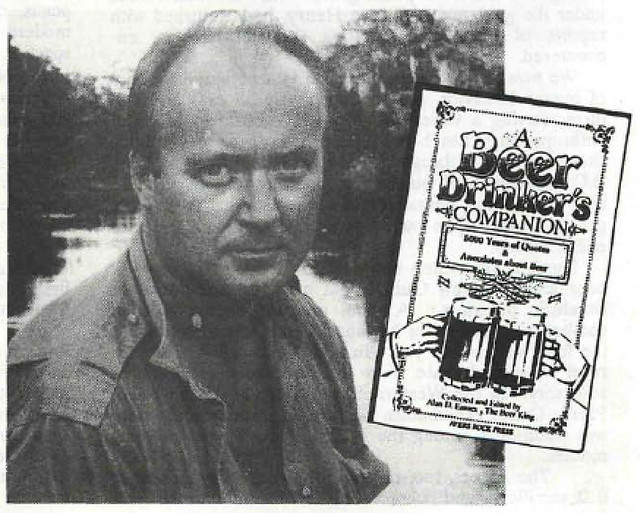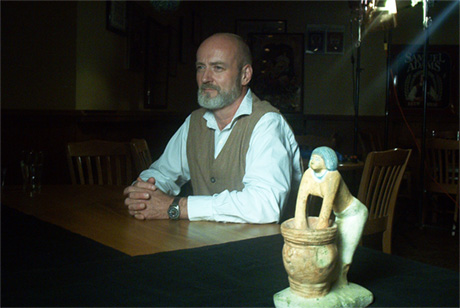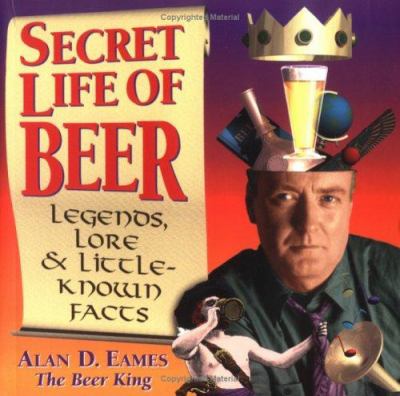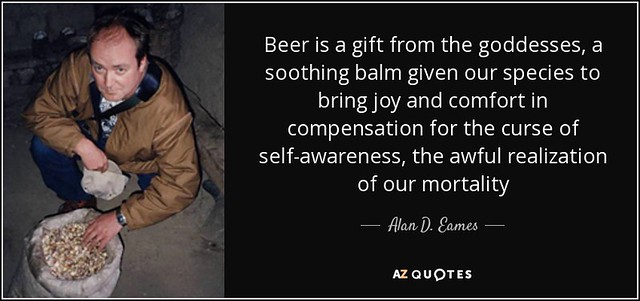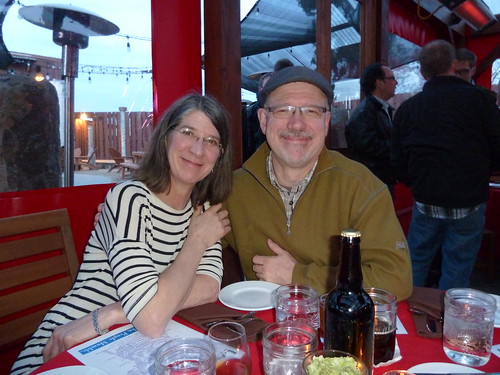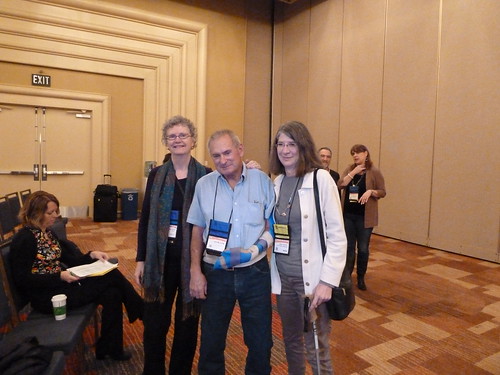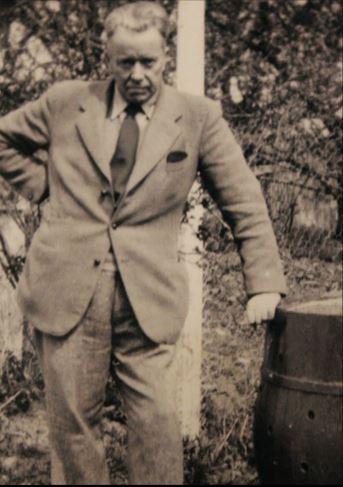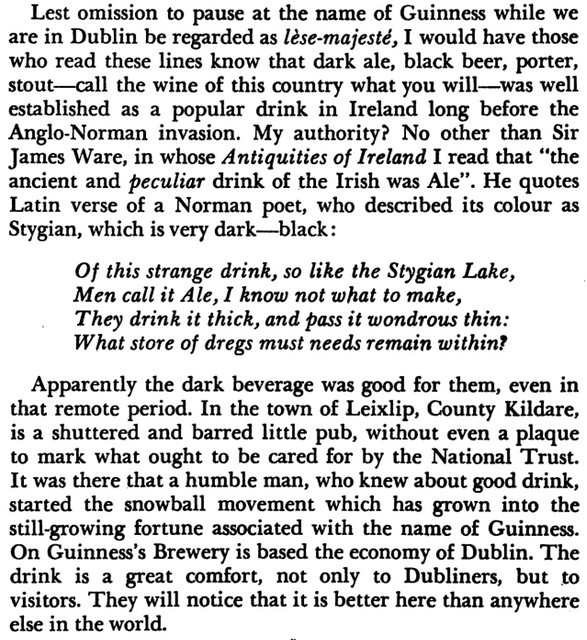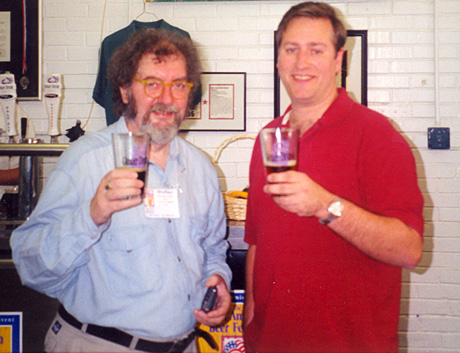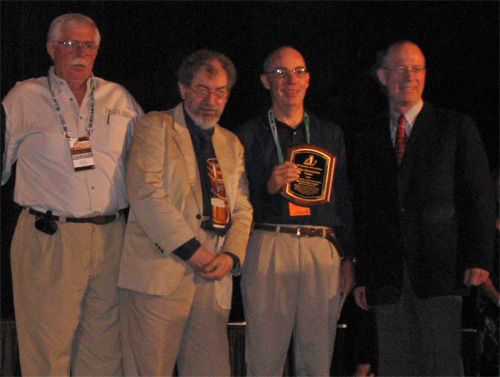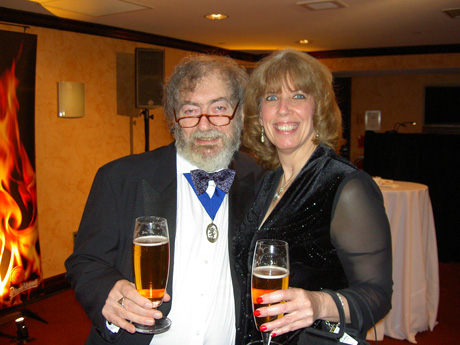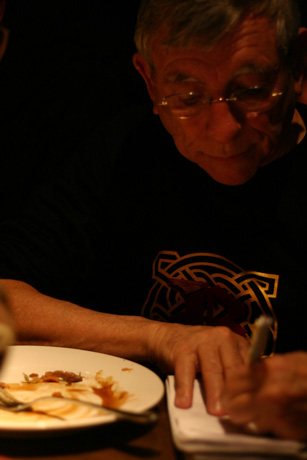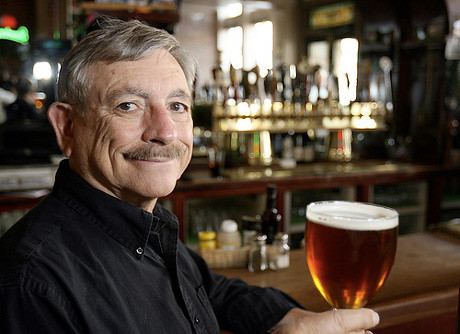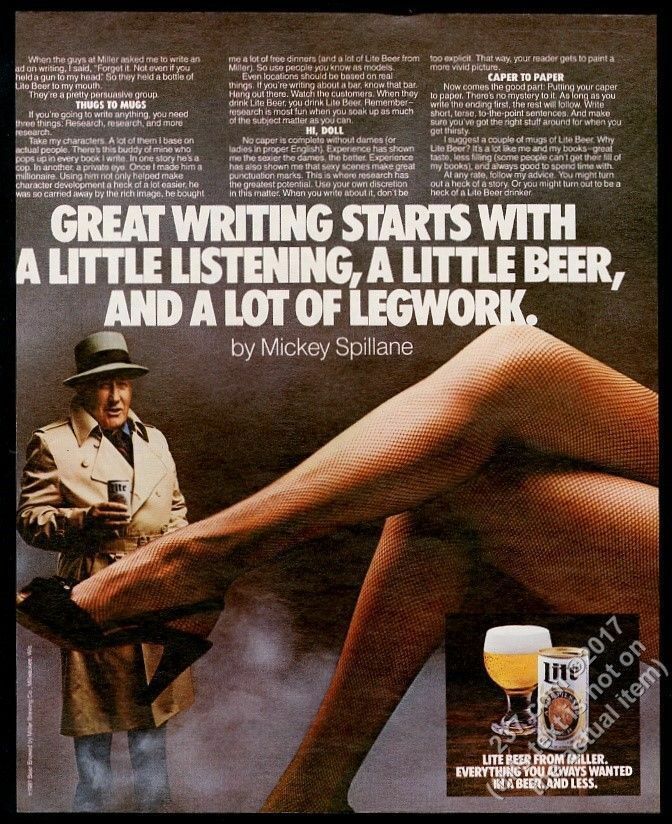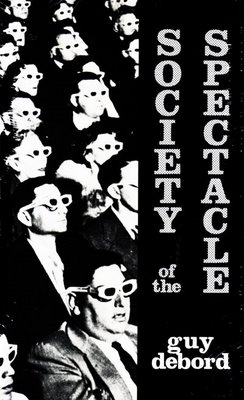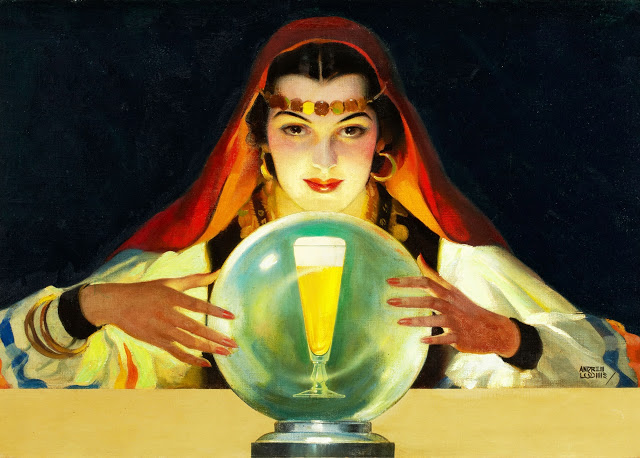
Today may be the birthday of Joe Stange (May 26, 19??- ). A mutual friend posted this morning that it was, and in an absence of better — or any — information, I’m going to assume it is. Joe rarely shares much personal information, so you never know. His wife is in the state department so he’s lived abroad in different locations over the years, while writing about beer wherever he is. Joe is originally from Missouri, and studied journalism in college before becoming an AP reporter. He later studied politics in graduate school, where he met his diplomat wife and he began freelance beer writing wherever they were posted. More recently, he’s been the managing editor of Craft Beer & Brewing magazine, one of the few left concentrating on beer. Join me in wishing Joe a very happy birthday.






